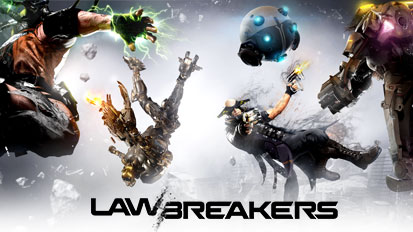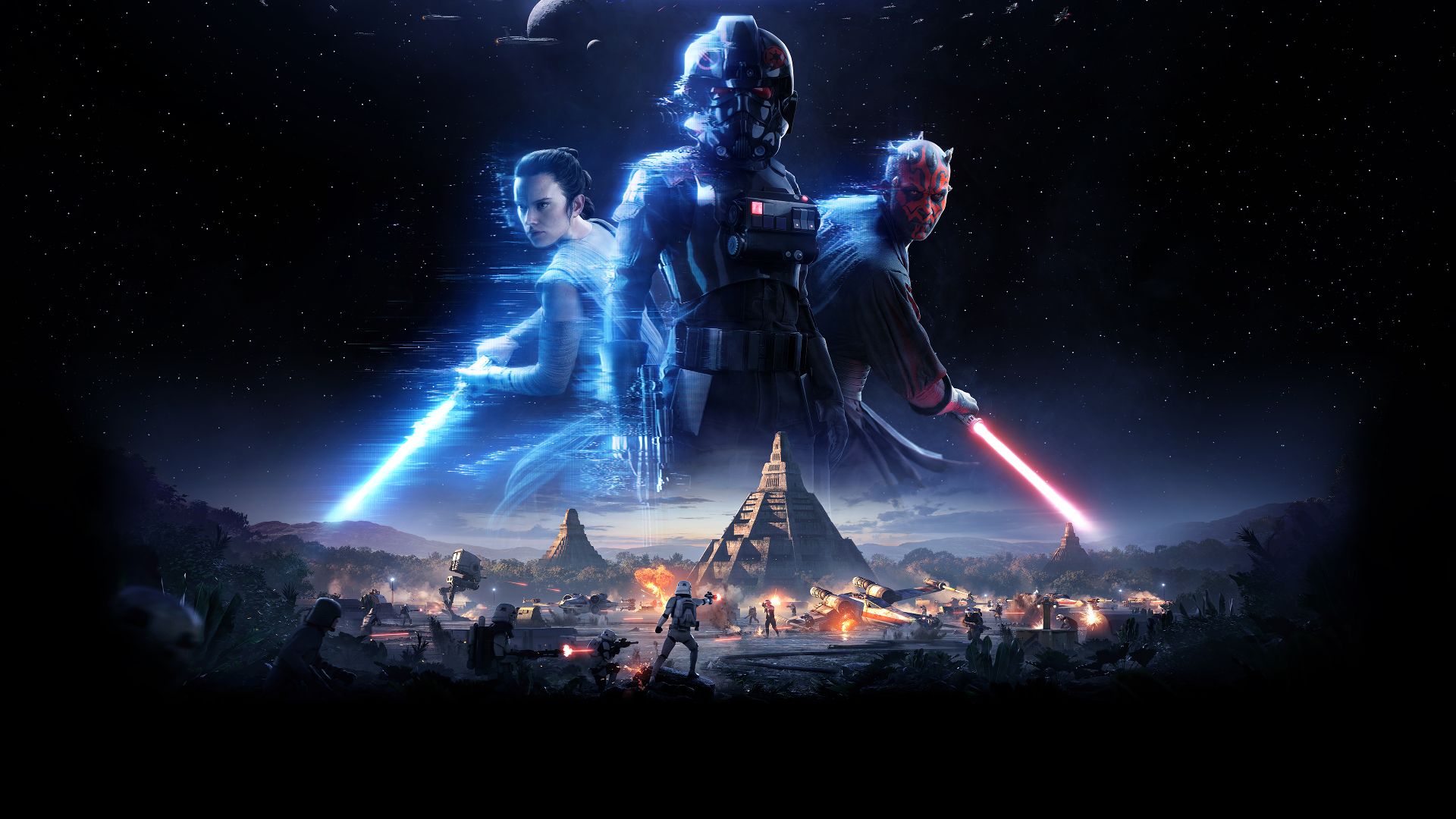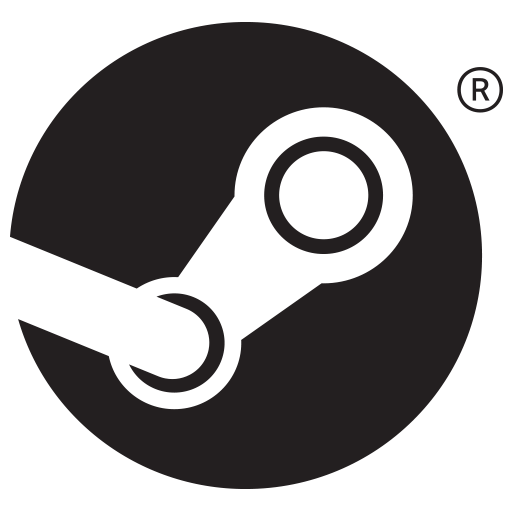LawBreakers is an interesting game. Not really from the game part though.
So who has heard of Cliffy B? A man whose affectionate nickname stands out because of his involvement in titles such as Gears of War, Bulletstorm and Jazz Jackrabbit…okay maybe just the first one. He also worked on a lot of the Unreal series. So yeah, guy has a resume.
His latest project was LawBreakers. A competitor, not-competitor to Overwatch. Using anti-gravity mechanics, you could move in ways that differentiated the gameplay from its other hero based shooter brethren.
Unfortunately LawBreakers has been a bit of a flop. In some respects that’s an understatement and I’m sure the game itself has a lot of heart put into it, as the development team is clearly passionate, as is the publisher, but sales wise, it didn’t do well, and it’s player base is unfathomably low.

Personally the first reason I can think of this happening is obviously Overwatch. If you want to release a hero based shooter, you need to stand toe to toe with the marketing juggernaut that is Activision-Blizzard. You need to be able to outpace and match Overwatch, no matter how different your gameplay is, it’s occupying the same space and aiming for the same players.
Just like Battleborn, another game that was attempted to be sold on name alone. Sure, Gearbox software has a name to them, one of…mixed quality…but it’s still a big name. But that enough wasn’t going to stop Overwatch, which release just before it, from casting a shadow and kicking the game aside. Not even going Free To Start saved it.
LawBreakers fared even less well. It came long after Overwatch had established itself as THE Hero shooter title. Millions of players, millions in revenue, it’s a juggernaut. What hope did LawBreakers have of snatching some of that away, especially without the marketing behemoth that is Blizzard behind it?

The next thing that stood out to me, or rather, didn’t, was how under the radar this game was. Before release I was aware of a beta. I was aware the game existed, but I didn’t know much about it. All I heard, and all a lot of articles really said was that it was kind of like Overwatch, and a game from Cliffy B. What the game was certainly could have been conveyed better, especially what made it different from Overwatch, and it certainly didn’t quite grab the zeitgeist like a viral hit would.
The weird thing is, who can say why this happened? I’d certainly like to believe it is because, yet again, you can’t be a comparatively smaller publisher shouting your lungs out about a game, when there is a man with a megaphone right next to you. You won’t win that battle, not without some unprecedented windfall.
It could have just as easily been a case of not presenting the rights parts of the game.

The next point is what I think really damaged the ship. As I stated a lot of the buzz around the game was “It’s from Cliffy B!” and while that CAN sell a game, it more often than not doesn’t.
Example: Mighty No. 9. From Keiji Inafune. Game wasn’t that good really. Heck even long-standing industry veterans can’t sell a game on name alone. The name of the company behind it, or the franchise in question can certainly reach the masses. Granted the game still needs to be good. But the masses don’t know the individuals. Ask anyone who Shigeru Miyamoto is. They don’t care about that. They don’t know the people.
More so, you can certainly say “Oh, this is the man behind the concept”, but…what about the rest of the people actually making the game? Yes, Keiji Inafune could say Mighty No. 9 was his idea but the rest of the team was responsible for execution. A single name behind a game does not a good product make.

The reason I wrote this article is that publisher Nexon had a huge $32.6 million expenses hole in its financial reports, and naturally investors want answers. Apparently that was to be filled by LawBreakers, and the response the company gave was…interesting?
“…the timing of its launch turned out to be unfortunate, specifically the blockbuster PC online game PlayerUnknown’s Battlegrounds came out right about the same time, making the market environment very tough for first-person shooters in general and for LawBreakers”
Now I can understand this being the case on PC. But on consoles? Well Xbox One only just got PUBG and the PS4 hasn’t yet and won’t for a while. So this argument even if true only holds partial water. But on top of that no mention was made to the in-genre competition from Overwatch and Paladins.
But as I mentioned, even prior to launch this game didn’t really spark interest or catch attention. Nexon was banking on sailing a ship into a port already full to bursting with other similar ships. PUBG was just passing by.
This just goes to show that your name can’t sell a game on its own, and nor is throwing yourself into a crowded space without catching the eye of consumers a good idea.
And blaming a game that was passing by? A lot of other games managed to sell well this year despite PUBG being a thing. But damage control is damage control. You can’t tell investors “Our bad” otherwise confidence plummets. When you have a huge black hole in finances the last thing you want is people jumping ship.
As always I hope you enjoyed this article and that you give it a share and comment on social media! Until next time, Happy Gaming!















